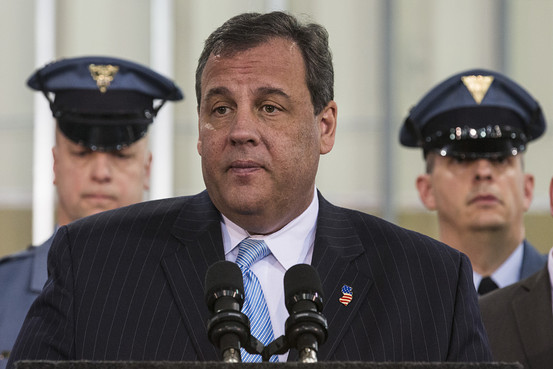New Jersey Gov. Christie Knew of Bridge Lane Closures, Attorney Says
< < Go Back
Lawyer for Former Official Says Christie Knew of Closures on GWB While They Were Ongoing.
The attorney for the man who oversaw the road closures that have embroiled New Jersey Gov. Chris Christie in a political firestorm said there is evidence that the GOP presidential hopeful knew of the traffic mess while it was taking place, contrary to what the governor said in January.
The allegations, which Mr. Christie’s office denied, are the first from a former ally that contradict the account the governor gave at a lengthy news conference about the closing of access lanes to the George Washington Bridge, a busy link between his state and New York City.
Mr. Christie, long seen as a contender for the 2016 GOP presidential nomination, has denied knowledge of the closures, which are being investigated by a federal prosecutors.
The attorney representing David Wildstein, who has resigned from his position at the Port Authority of New York and New Jersey, said Friday that the lanes were closed at “the Christie administration’s order” and cited unspecified evidence that the governor was aware of the matter. The closures, from Sept. 9 to Sept. 13, caused five days of traffic jams in Fort Lee, N.J., a borough on the western end of the bridge.
“Evidence exists…tying Mr. Christie to having knowledge of the lane closures, during the period when the lanes were closed, contrary to what the governor stated publicly,” said the attorney, Alan Zegas, in a letter contesting the Port Authority’s refusal to pay his client’s legal bills. He added that Mr. Christie made statements about Mr. Wildstein that he could prove were inaccurate.
The Christie administration released a statement late Friday, asserting that Mr. Wildstein’s attorney’s letter “confirms what the governor has said all along—he had absolutely no prior knowledge of the lane closures before they happened and whatever Mr. Wildstein’s motivations were for closing them to begin with.”
More From The Wall Street Journal (subscription required):




